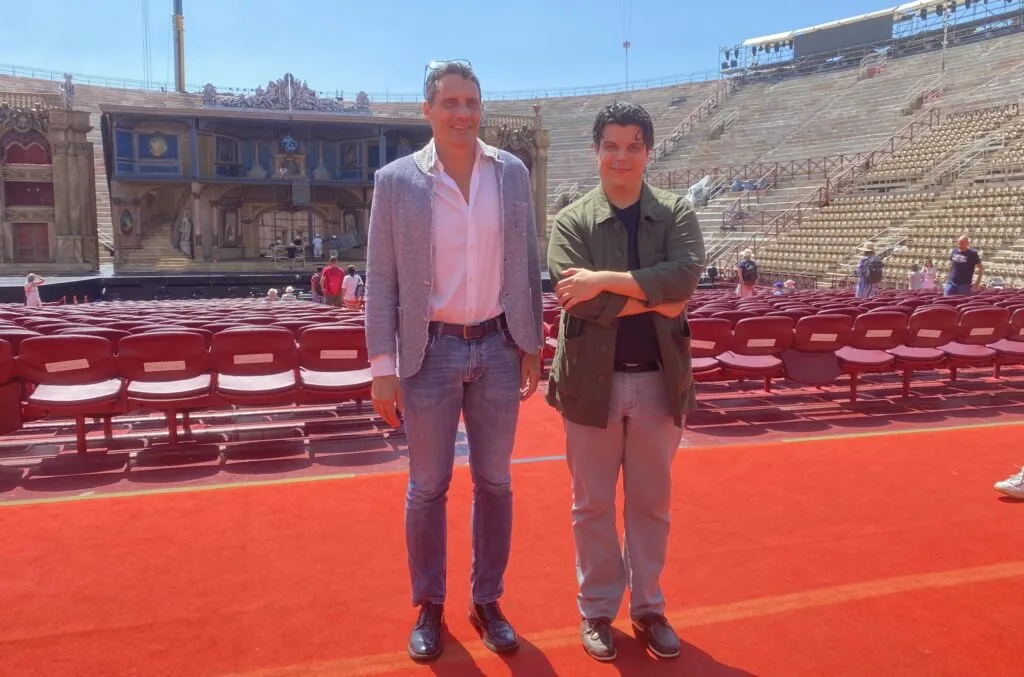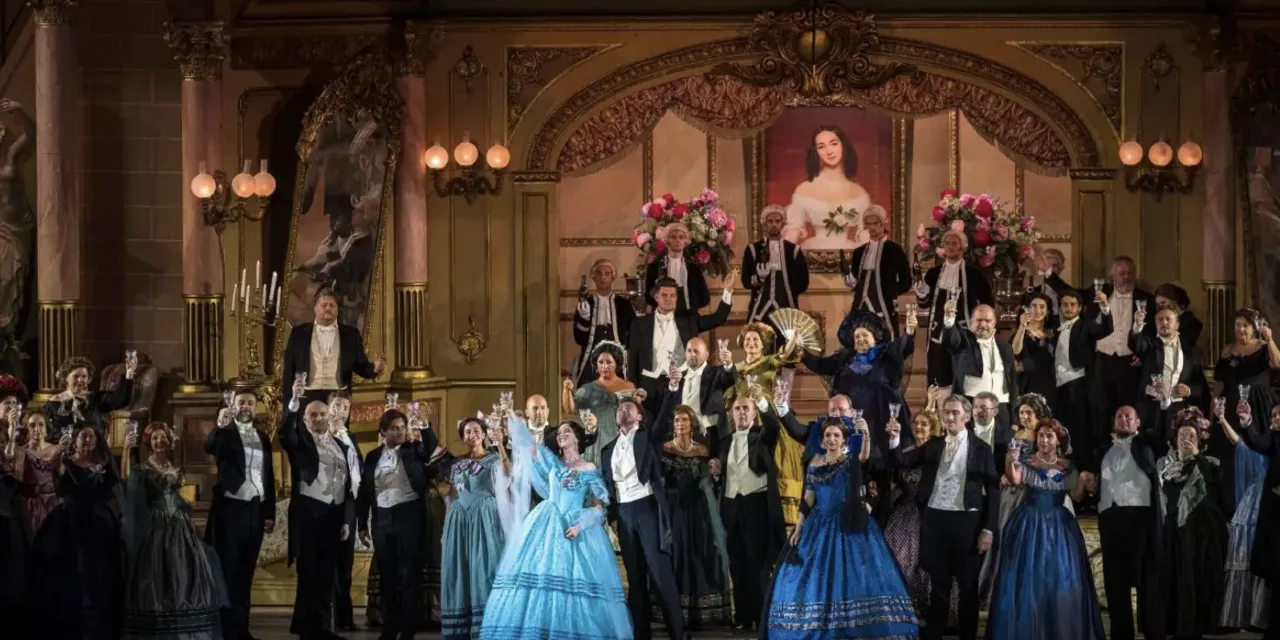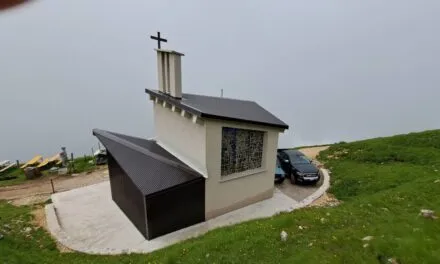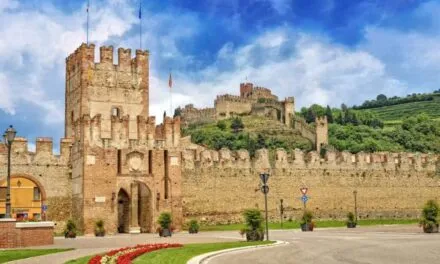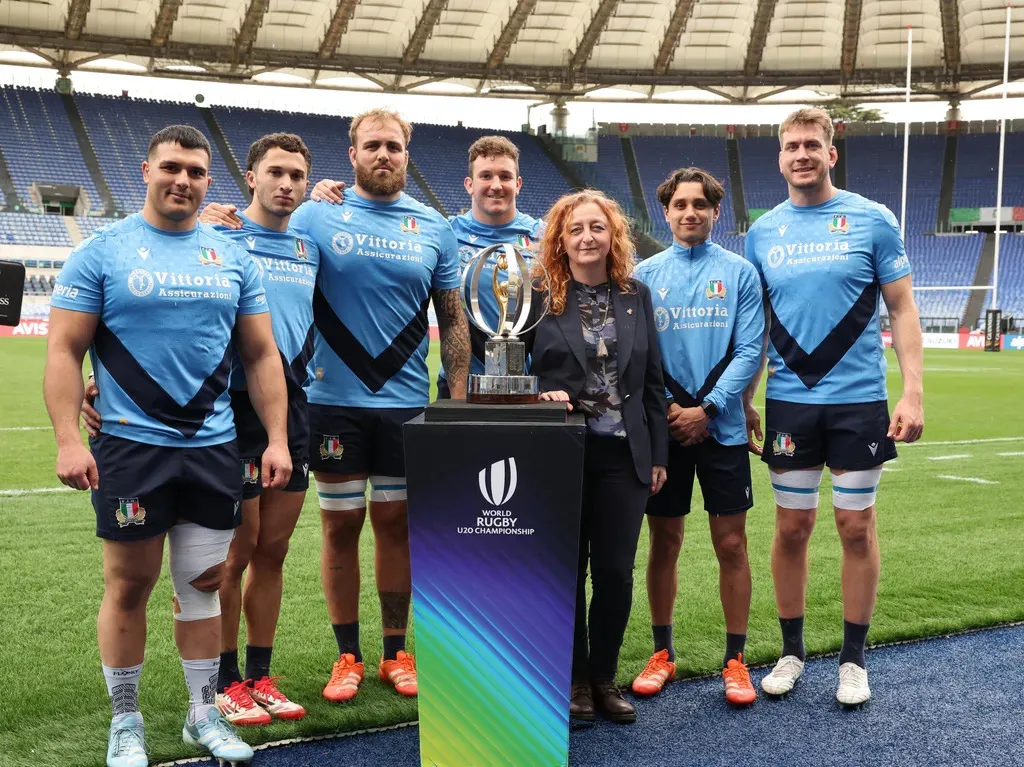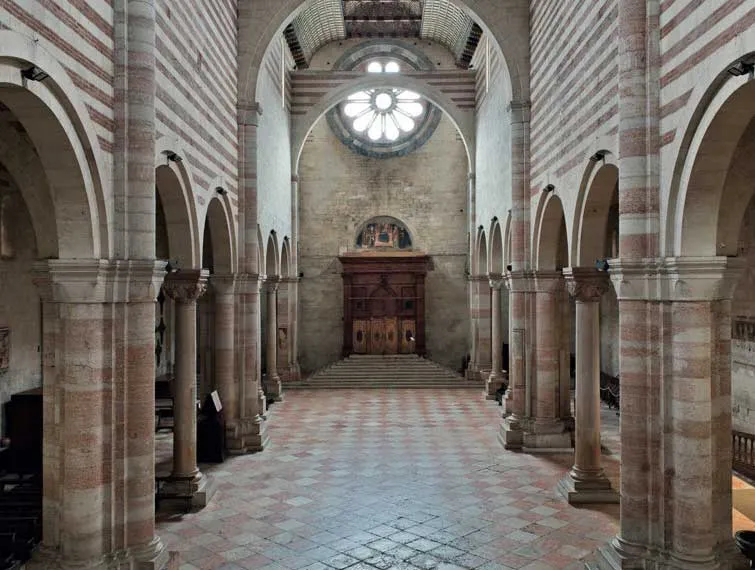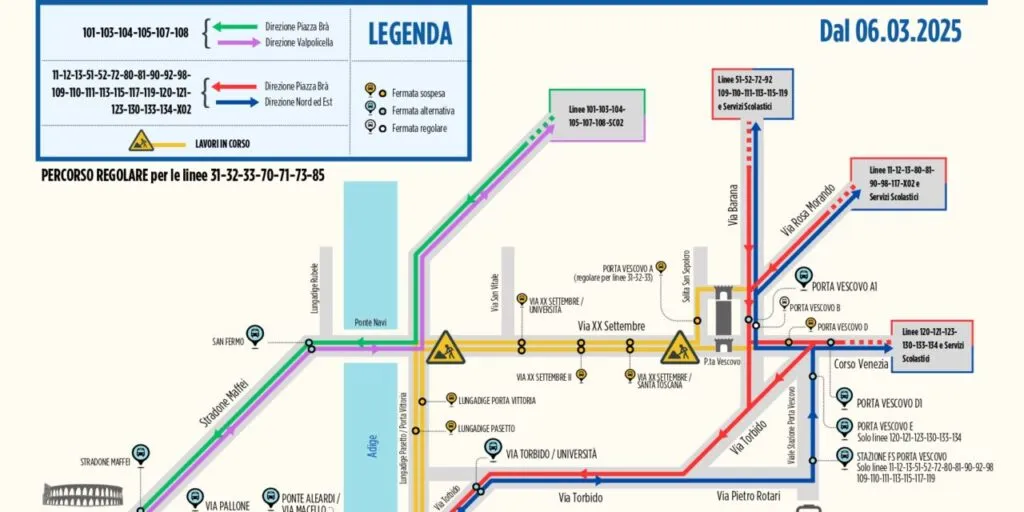Zeffirelli’s Traviata was the last to be signed by the great Tuscan maestro, who worked on it for a long time, but was unable to see the success and feel the affection that immediately greeted it.
On the occasion of the centenary, the Arena di Verona also celebrates 100 years since the birth of the great Florentine maestro. Saturday 8 July sees the return of La Traviata, which was his last opera for the veronese Amphitheatre, costumes by Maurizio Millenotti, lighting by Paolo Mazzon and choreography by Giuseppe Picone, for the first of six evenings with top international artists.
The cast of the premiere is all Italian: soprano Gilda Fiume, alongside Francesco Meli and Luca Salsi. On the podium for the season’s debut is the acclaimed young Veronese maestro Andrea Battistoni conducting the Fondazione Arena Orchestra and the Choir instructed by Roberto Gabbiani.
The Fondazione Arena Ballet coordinated by Gaetano Petrosino will enliven the second act with two exceptional soloists for the first and last date: the first dancers of the Teatro alla Scala Nicoletta Manni and Timofej Andrijashenko. In the subsequent performances Liudmila Konovalova and Davide Dato, prima ballet dancers of the Vienna State Opera, both making their debut in the Amphitheatre, will also take turns in the role.
After the premiere on Saturday, 8 July, repeat performances on 14 and 27 July, 19 and 26 August, 9 September.
“The 100th Festival is an anthology of the best-loved productions of the last few years” says Cecilia Gasdia, Superintendent of the Fondazione Arena di Verona, “and this Traviata is much loved by those who choose the Arena to discover the most spectacular dimension of opera in striking productions that respect traditional iconography“.
“170 years after its premiere, La Traviata is still today the most performed opera in the world – underlines Stefano Trespidi, Deputy Artistic Director of the Fondazione Arena – and what the public can find at the Arena di Verona, in Maestro Zeffirelli’s reading, is perhaps the show par excellence, in a certain sense La Traviata of dreams“.
